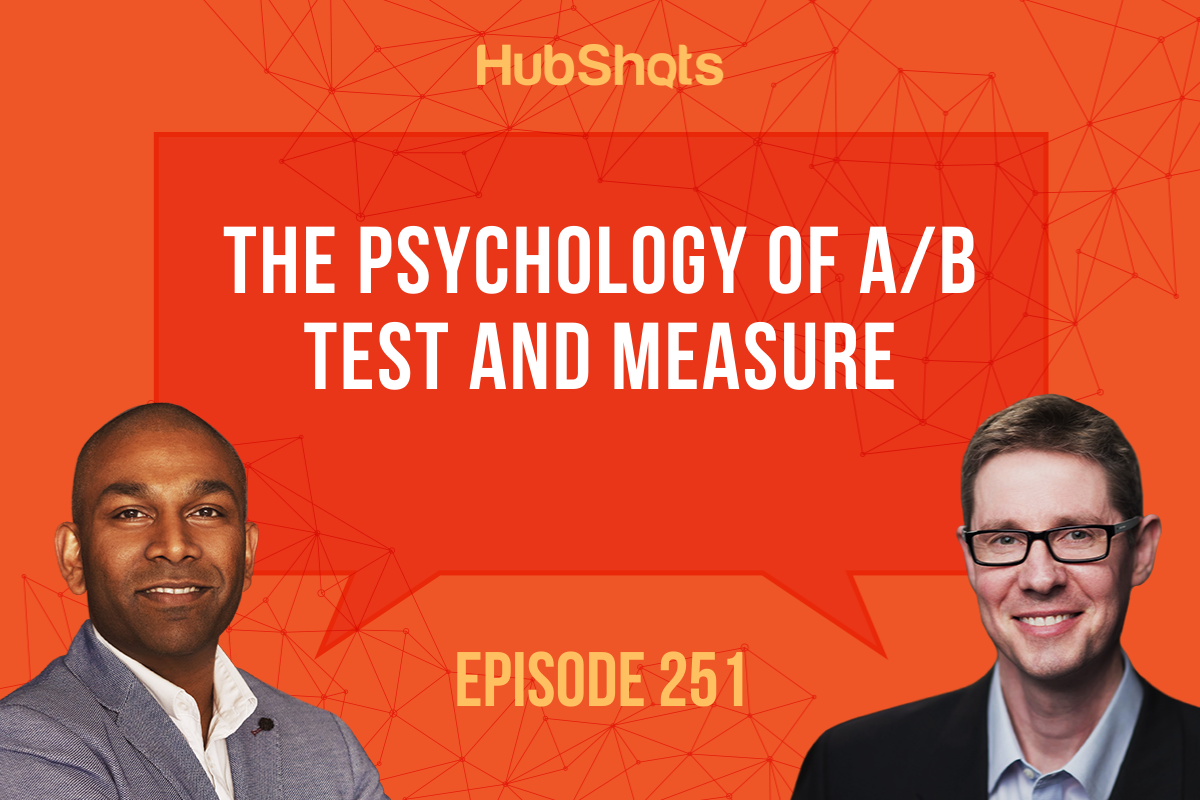Interesting Reading: SEO, Year in Review
Once again we're rounding up the best, most recent marketing-related posts on the web. With SEO trends changing and new strategies being implemented...
If you're new to HubSpot, we guide you on where to start, how to do it right, and train you to make the most of the platform.
Review your HubSpot portal to uncover issues, spot growth opportunities, and ensure you're maximising its potential.
Unlock business growth with automation and attribution. Implement best practices and execute marketing campaigns.
HubSpot On-Demand
HubSpot Training
HubSpot Websites
HubSpot Campaigns
Virtual HubSpot Manager
Q: Who would use such strong language to refer to a common and respected internet marketing practice?
A: Google
Not really. My goodness, that's two outlandish hooks in a row. Now that I have your attention, you're probably still wondering why I've referred to SEO's past as "dark and dangerous" and why I've implicated Google in this conspiracy.
It's not a conspiracy. The truth is that when SEO practices first evolved in the mid 90's they were really just working through the loopholes in Google's search algorithm. In most cases, it wasn't an evil plan or a deliberate attempt to game the system but it also wasn't in line with Google's desire to serve up useful search results.
Over the years, "black hat" marketers have engaged in all sorts of now-banned practices, like buying links, cloaking, keyword stuffing, hidden text, allowing SPAM comments, duplicated or stolen web content, auto (or robot) generated web content and even distributing malware and spyware.
Clearly, those practices sound nefarious but even savvy marketers recommended and used some of those techniques. Used sparingly and without deceptive intentions, a few of those practices really could help a reputable and respectable website rise above the rabble in the older versions of Google's search algorithm.
Therein lies the problem; site publishers who weren't engaging in all of the most deceptive methods eventually got pushed down the SERPS and Google's reputation ended up suffering. People couldn't be sure that their search would reveal anything useful. Companies were finding themselves on page 2 and 3 of the search results even when searching for their own company name.
Between 2009 and 2013, an alarming number of websites suffered "The Google Slap" whereby search engine algorithms unranked and removed millions of indexed websites in a series of animal-named algorithm updates. Hummingbird, Penguin, Panda and other nicknames sent the entire web marketing world into a tailspin.
The words Search Engine Optimisation aren't negative however and SEO, as a practice, has evolved. The biggest danger a modern marketer faces is that he/she may accidentally engage in a practice that has been abused by black-hat marketers enough that the algorithm has been rewritten to punish sites that engage in this practice.
That's why it's important to work with professional web marketers who are committed to keeping up with the latest evolutions in the search engine world. Google isn't the only search engine and each one of them has their own algorithm for calling up search results.
Contact us for an evaluation of your current site's SEO practices or to develop a new plan.
Once again we're rounding up the best, most recent marketing-related posts on the web. With SEO trends changing and new strategies being implemented...

Welcome to HubShots Episode 251: The Psychology of A/B Test and Measure This edition we dive into:
It was inevitable that apps were going to become increasingly relevant to search at some point. And it seems that this point is now; not only did ...